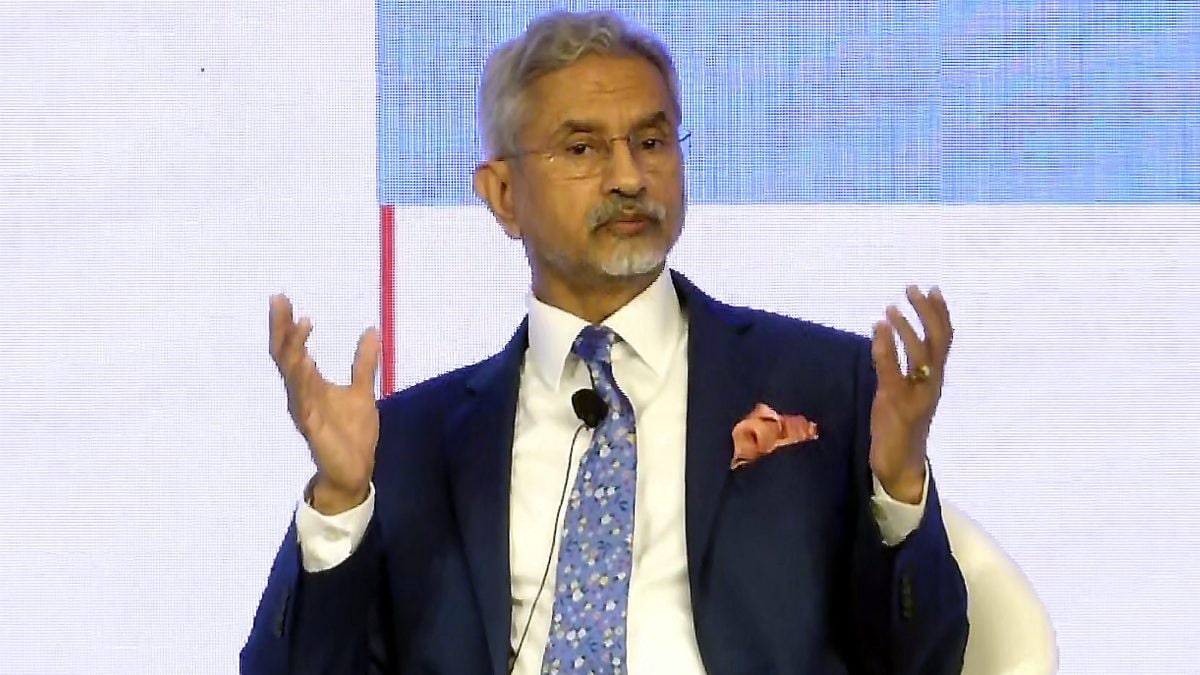

Recent developments suggest a growing optimism surrounding India-European Union (EU) relations, particularly concerning the prospect of a comprehensive trade agreement. External Affairs Minister S. Jaishankar has articulated a view that Europe is adopting a more pragmatic approach, raising hopes for a trade deal by the end of the year.
Jaishankar's assessment comes amidst a flurry of diplomatic activity aimed at strengthening ties with key European partners. He embarked on a week-long trip to Europe, engaging with top diplomats from the EU, France, and Belgium. This visit underscores India's commitment to deepening its engagement with the continent and building momentum for cooperation across various sectors.
During his trip, Jaishankar is scheduled to hold a Strategic Dialogue with EU High Representative and Vice-President Kaja Kallas, as well as engage with senior leadership from the European Commission and the European Parliament. These meetings provide a platform to discuss strategic priorities, address outstanding issues, and chart a course for future collaboration.
In France, Jaishankar participated in the inaugural edition of the Mediterranean Raisina Dialogue in Marseille. This conference, organized by the Observer Research Foundation in collaboration with the Ministry of External Affairs, serves as a forum for government and non-government officials from India and various parts of the world to discuss issues pertaining to the Mediterranean region.
The India-EU Free Trade Agreement (FTA) remains a key focus of these diplomatic efforts. Both sides have expressed a commitment to concluding negotiations by the end of the year. During EU Commission President Ursula von der Leyen's visit to New Delhi in February, both sides affirmed their shared ambition to finalize the agreement in December. Substantial progress has already been made, with nearly half of the agenda—covering areas such as customs, trade facilitation, rules of origin, and intellectual property—reportedly agreed upon during recent talks in Paris.
Beyond trade, the strategic partnership between India and the EU is gaining strength across multiple domains. Discussions are underway to develop a Strategic Agenda based on growth, encompassing technology, innovation, security, and defense. This broader framework reflects the deepening convergence of interests and the growing recognition of the mutual benefits of closer cooperation.
Jaishankar's recent travels to the UK, Ireland, Netherlands, Denmark, and Germany, coupled with the current engagements in France and Belgium, highlight India's proactive approach to strengthening its relationships within Europe. These efforts aim to foster greater understanding, address shared challenges, and unlock new opportunities for collaboration.
While the ongoing conflict between Israel and Gaza has dampened ambitions for the India-Middle East-Europe-Economic Corridor (IMEC), India remains committed to keeping discussions alive, recognizing its long-term strategic importance. Marseille, along with Trieste and Piraeus, are potential European ports for the IMEC route.
The External Affairs Minister also met with European Commission President Ursula von der Leyen in Belgium, who affirmed that the "strategic partnership" between India and the EU is "getting stronger".
As India and the EU navigate a complex and evolving global landscape, the deepening of their strategic partnership holds significant promise for both sides. A comprehensive trade agreement would not only boost economic growth but also strengthen political ties and foster greater cooperation on shared challenges. The coming months will be crucial as negotiators work to bridge remaining gaps and finalize an agreement that unlocks the full potential of the India-EU relationship.